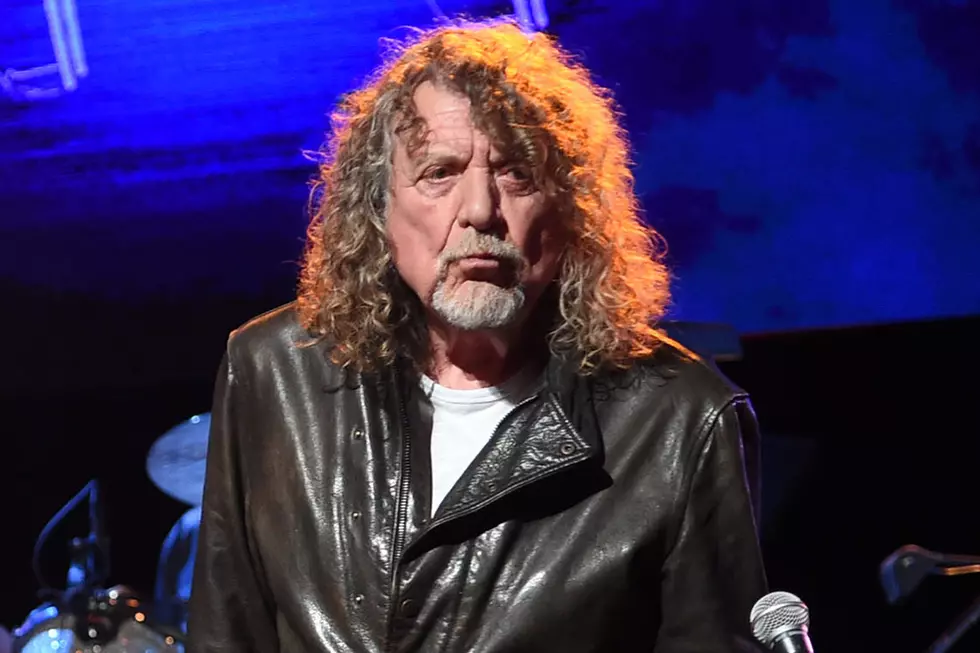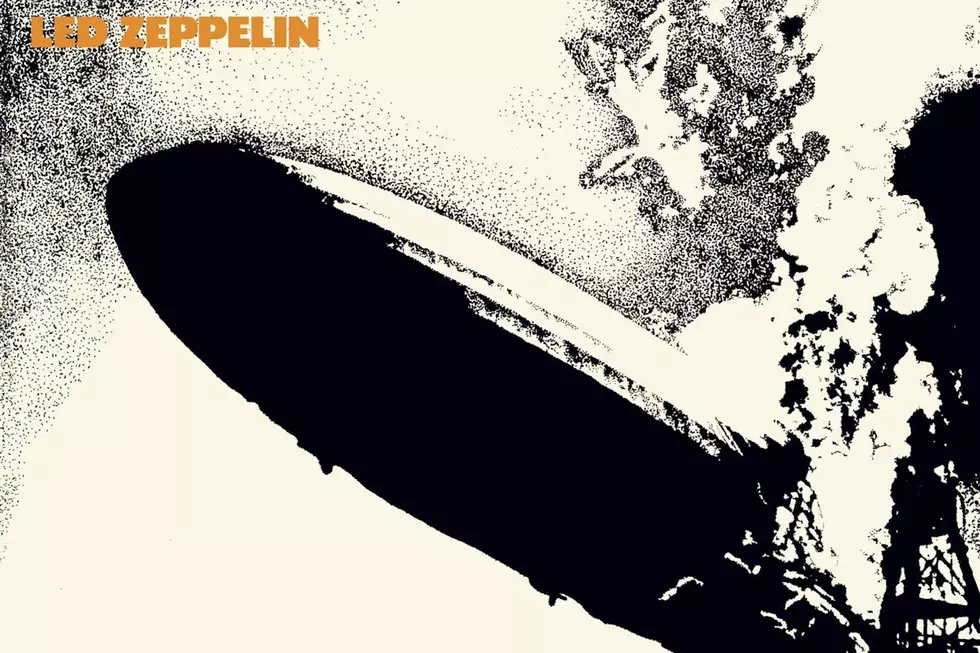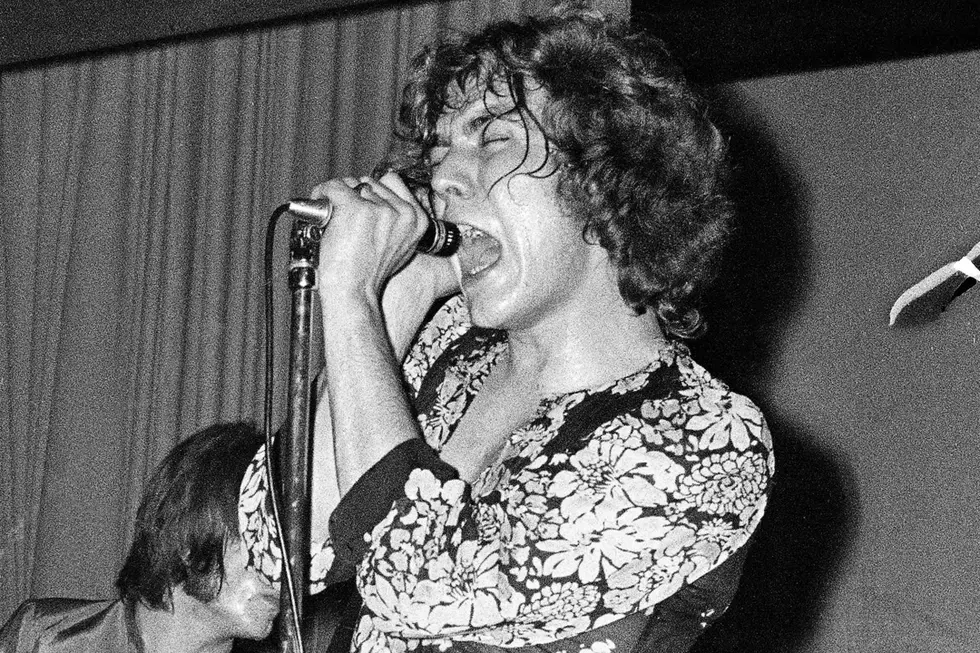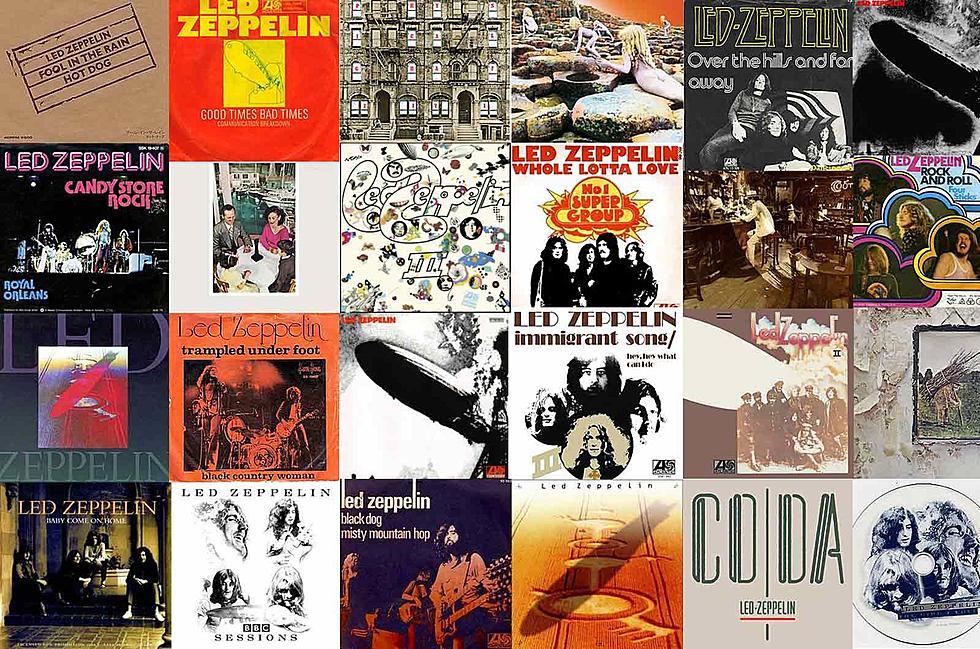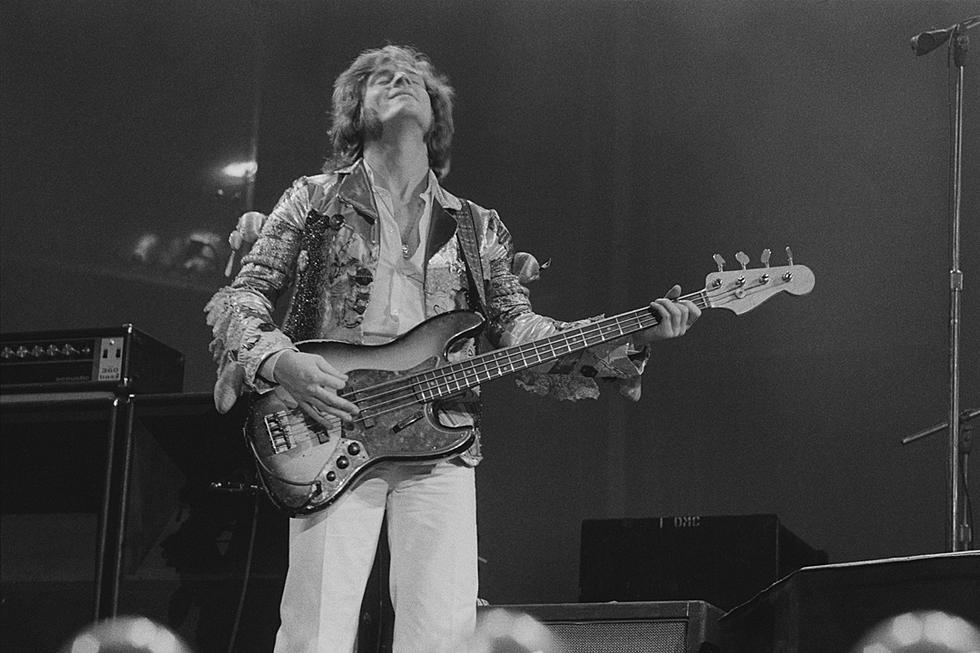
Top 10 John Paul Jones Led Zeppelin Songs
This list of the Top 10 John Paul Jones Led Zeppelin Songs serves as a quick reminder of how important the songwriting and performance skills of the foursome's least assuming showman were to the group's success. The fact that singer Robert Plant and guitarist Jimmy Page were far more likely to strike rock star poses while working their share of the band's magic earned them the lion's share of the headlines and press photos. Lord knows it must have been impossible to compete with drummer and general madman John Bonham for whatever attention was left behind. So as you'll see, Jones made himself heard and felt in a variety of other ways, becoming ever more important to Led Zeppelin's sound as they expanded their horizons and range in later years.
- 10
'Royal Orleans'
From: 'Presence' (1976)This is the only song on Led Zeppelin's stripped-down, backs-to-the-wall masterpiece on which Jones receives a songwriting credit, and as usual his bass playing is both nimble and muscular. But the real reason we're including it on this list is that Jones also unwittingly provided the lyrical inspiration for the track. It's based on a real-life misadventure that reportedly wound up with him passed out in a burning room after partying with some drag queens. Whether or not our hero was fooled by (and kissed) some of his fellow revelers is apparently a source of continued debate between Jones and Robert Plant.
- 9
'All My Love'
From: 'In Through the Out Door' (1979)As Jimmy Page and John Bonham struggling mightily with substance-abuse problems, Jones and Plant were left to fend for themselves quite often during the making of Led Zeppelin's last studio album. Accordingly, "All My Love," a touching tribute to the singer's recently deceased son Karac, is dominated musically by keyboards instead of guitar. Jones' lovely synthesizer solo at 2:33 – and the majestic instrumental sections that lead in and out of it – help make this song soar when it easily could have dissipated into thin air.
- 8
'How Many More Times?'
From: 'Led Zeppelin' (1969)The final song on Led Zeppelin's jaw-dropping debut album is an eight-minute monster that finds Jimmy Page all but emptying his bag of guitar and studio tricks, Robert Plant wailing away as if it's very his last chance to be heard in this world, and John Bonham deftly handling a dizzying variety of mood and tempo changes. So, how come the first thing we always remember about "How Many More Times" is the absolutely massive and undeniably swinging bass line that Jones unleashes during the track's opening and concluding sections?
- 7
'Fool in the Rain'
From: 'In Through the Out Door' (1979)This piano-heavy single from In Through the Out Door finds Jones blending tricky Latin time signatures with a punchy reggae-inspired bass line – all while a heartbroken Plant mistakenly waits for his girl on the wrong street corner. According to the fantastic Led Zeppelin book Get the Led Out, that's Jones' whistle at 2:26 announcing the song's famous samba interlude.
- 6
'In the Light'
From: 'Physical Graffiti' (1975)Only on an album as overstuffed as Physical Graffiti could a treasure like "In the Light" remain somewhat hidden. This slowly unfolding, nearly nine-minute track is a great showcase for Jones' songwriting and instrumental skills and, though never played live by the band, it's reportedly one of Plant's favorite Zep songs. From the exotic opening solo section to its uplifting fade-out refrain, "In the Light" is truly worthy of the company it keeps alongside fellow Graffiti epics such as "Kashmir" (see No. 2 on our list of the Top John Paul Jones Led Zeppelin Songs) and "In My Time of Dying."
- 5
'Black Dog'
From: '(Untitled)' (1971)It's easy to assume that guitarist Jimmy Page wrote the iconic riff for "Black Dog," the smoking call-and-response number that opens Led Zeppelin's untitled fourth album. But the song's tricky time signatures help reveal Jones as the main author. As he explains in Get the Led Out, "I just liked the idea of riff that you think was going to go somewhere and didn't. It came back round and went round again." Well, that counts as going somewhere pretty good in our book.
- 4
'Trampled Under Foot'
From: 'Physical Graffiti' (1975)At one point, we went years on this site without uttering the criminally overused word "funky" to describe a rock song. But it's nearly impossible to talk about late-era Led Zeppelin without discussing some of the R&B-referencing grooves Jones and his rhythm section partner Bonham conjured up for songs such as "Custard Pie" and this clavinet-driven scorcher. So forgive us, but the only way things could have gotten nastier when Zep played this at their 2007 reunion show is if Stevie Wonder, George Clinton and Prince all joined in.
- 3
'The Rain Song'
From 'Houses of the Holy' (1973)As his beautifully textured piano and mellotron playing on this winding ballad displays quite clearly, John Paul Jones' skills as a multi-instrumentalist, and his ability to orchestrate (synthesized) string sections were a big part of the reason Led Zeppelin were able to expand their sonic palette far beyond heavy guitar rock. Nearly 20 years later, Jones' string arrangement skills helped R.E.M. create the album many consider their masterpiece, Automatic for the People.
- 2
'Kashmir'
From: 'Physical Graffiti' (1975)Although Jones doesn't receive a songwriting credit on "Kashmir," a track we've cited as Led Zeppelin's finest work, the swirling string and brass arrangements he contributes serve as the perfect compliment to Jimmy Page's central driving chord progression. Plus, let's face it, he had the good sense not to bastardize this number alongside Puff Daddy, instead choosing to spend his time with cooler company.
- 1
'No Quarter'
From: 'Houses of the Holy' (1973)Jones co-wrote this moody, glacially paced song, and his bubbling electric piano gives it a haunting, mysterious and borderline psychedelic quality. "No Quarter' quickly became a fan favorite and an extended in-concert showcase for Jones' keyboard skills, as well as for his love of classical and jazz music: Jones would frequently slip parts of his favorite compositions into his lengthy solos.
More From Ultimate Classic Rock


